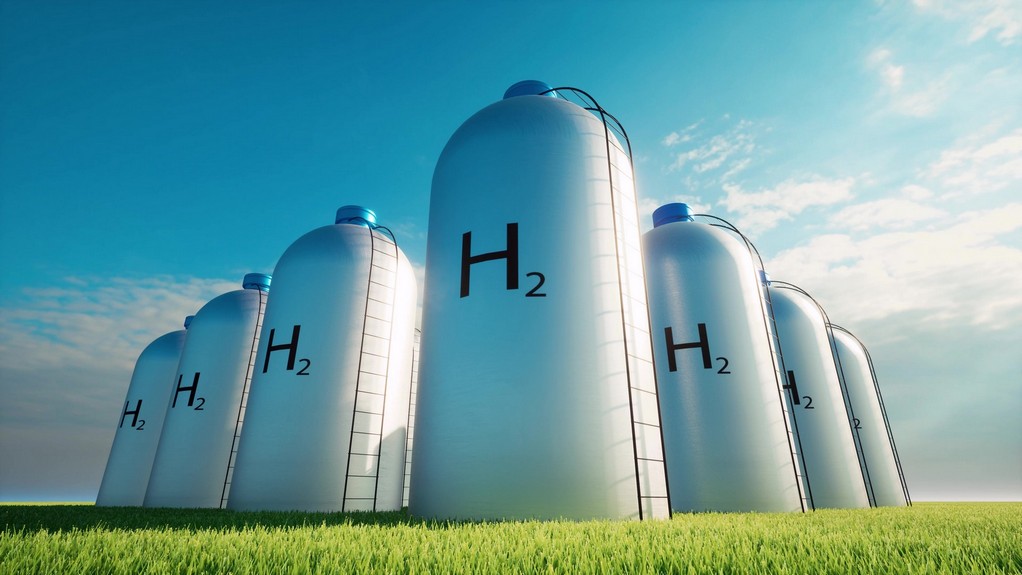Researchers at the University of Adelaide announced that they made clean hydrogen fuel from seawater without pre-treatment. Demand for hydrogen fuel, a clean energy source that only produces water when burned, is expected to increase in the coming years as the world continues to pivot away from fossil fuels. The findings could eventually provide cheaper green energy production to coastal areas.
The team says its results, using cobalt oxide with chromium oxide on its surface as the catalyst, had similar performance to a standard process of applying platinum and iridium catalysts to highly purified and deionized water.
Compared to freshwater, seawater is an abundant resource, and the ability to extract hydrogen fuel from seawater without pre-treatment could save money. However, even if successfully scaled, it would likely only be practical for coastal communities with plenty of seawater — not so much for Iowa or Kansas.
The team’s next step is to scale the system with a larger electrolyzer. Then, although it’s still early in development, the researchers hope to eventually apply the findings to commercial hydrogen production for fuel cells and ammonia synthesis.
Tags: Electrolyser, Hydrogen, Seawater, University of Adelaide



Recent Posts
Hygenco Commissions Maharashtra’s First Green Hydrogen and Oxygen Facility to Power STL’s Net Zero Goals
India Invites Second Round of R&D Proposals Under ₹4 Billion Green Hydrogen Mission
BMTC Adds 148 Tata Electric Buses to Bengaluru Fleet, Strengthens Green Mobility Drive
MITSUI E&S Deploys Hydrogen Fuel-Cell RTG Crane at Yokohama’s Minami Honmoku Terminal
WinGD’s first ammonia-fuelled engine installed on EXMAR vessels
DP World and Asian Terminals Inc deploy first fleet of electric internal transfer vehicles in the Philippines
Lloyd’s Register Decarbonisation Hub Joins Mærsk Mc-Kinney Møller Center as Knowledge Partner
Wärtsilä engines selected to deliver reliable power for US data center